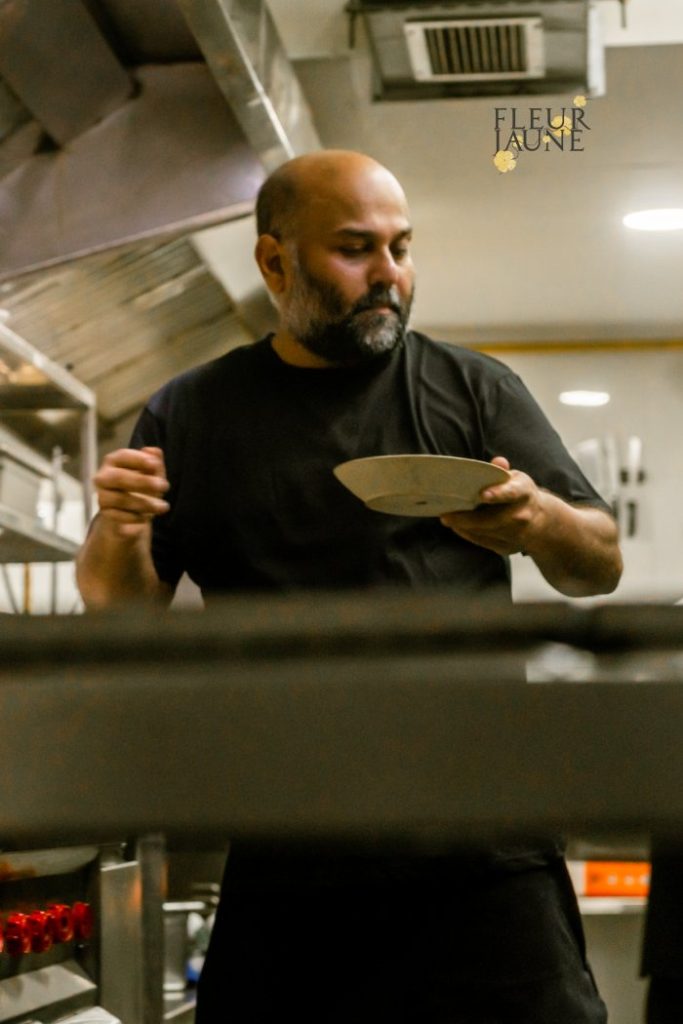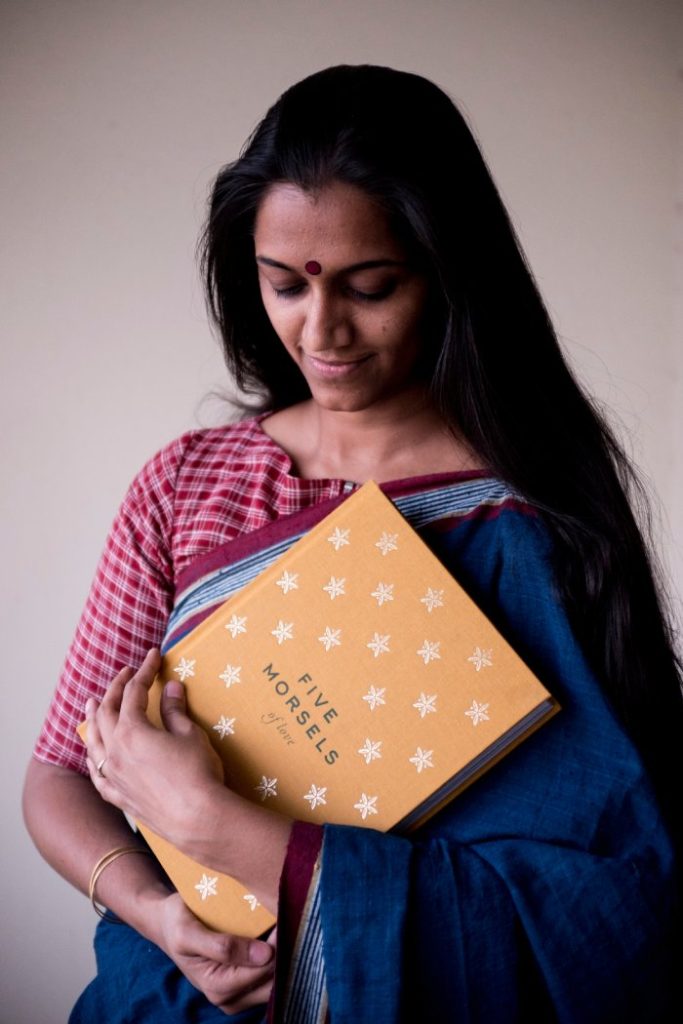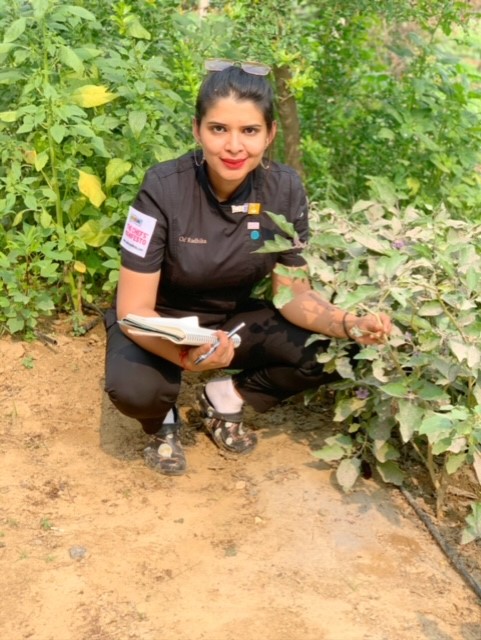Food Matters Grant
About
The Food Matters Grant supports projects that aim to contribute to the discourse around food and create a knowledge network to promote inquiry into food practices in India and South Asia. Through this grant, we hope to create a space for the exchange of ideas around food habits, traditions, and futures.
Seeking to support innovative projects by individuals or collectives, Serendipity Arts invites proposals with tangible outcomes that examine and explore food practices specifically with regard to their contemporary relevance in India and South Asia. Practitioners, researchers, professionals, and enthusiasts from across disciplines are welcome to apply with a new or ongoing project.
Projects based on/around but not limited to the following are welcome:
– Food Heritage
– Oral histories around food
– Documentation and archiving
– Cultural memory
– Food politics
– Food in literature
– Sustainable practices in food
– Storytelling around food
– Food and art
– Food and technology
– Food and religion
– Food and design
Duration of the grant
12 months
Intake
2
Grant amount
Up to 1 Lakh, which will be released in two tranches. The grant amount can be used for travel for research, accommodation and per-diem, research cost (books, subscriptions, tuition fee), cost of outcome.
Application deadline
April 22, 2024
Eligibility
1. Applicants can be individuals or collectives.
2. Applicant must be an Indian National in possession of an Indian bank account.
3. Applicant with academic or artistic experience in the field of food practice is preferred but not compulsory.
Application requirements
1. Completed application form with basic contact information.
2. Project proposal of not more than 500 words.
3. Detailed budget break up and timeline of the project.
4. A brief bio and professional CV – not more than 200 words.
5. Portfolio
The proposal can include details about why this project is significant, what you think it will add to the food discourse in India and South Asia. It should also include a clear description of the outcome and a short outline of the resources i.e. libraries, institutions, or experts the applicant wishes to engage with in the course of their project. The timeline should give an outline of the course this project is likely to take. The budget will be required to mark out how the grant will be used over the stated timeline of the project.
Applicants to submit a budget break-up for up to 1 lakh to cover the following:
1. Travel ( bus, train, and economy class)
2. Accommodation.
3. Living expenses (i.e. local transportation, per diem payments etc.).
4. Funds for buying materials, books and making copies of relevant literature, and subscriptions.
5. Tuition fees towards an institution.
6. Cost of documenting outcome.
7. Resources that the applicant deems necessary for the project.
Selection Procedure
The grantees will be selected by a Jury panel. If necessary, interviews with shortlisted candidates will be conducted in the month of May.
Serendipity Arts will pay out the grant within a month from the day when you sign the contract for the grant. Candidate must furnish vouchers/evidence for major expenses like lodging, library fee, buying books, etc. no later than three months after the completion of the period of the grant. Recipients will also be required to sign and submit a statement of truth pledging that the grant has been used for its proper purpose.
Timelines
– The deadline for submitting applications is 11:59 pm on April 22, 2024.
– The names of the winning grantees shall be announced by the 2nd week of May.
Deliverables
1. The grantees must submit a quarterly progress report via email.
2. Upon completing the project the grantees must submit a final project report.
3. Serendipity Arts shall connect the grantee to field experts, mentors, practitioners, and other professionals to aid in expanding the scope of the chosen project based on requirement.
Terms and Conditions
1. The grants must be utilized within one year of the date of award.
2. **Copies of materials collected by the selected candidates (books, copies, instruments etc.) could be contributed to SAF’s library for wider use by future scholars.
3. Every time the outcome is presented it needs to include a statement crediting the support received from Serendipity Arts.
4. Additional expenses, over and above the grant amount would be borne by the awardee.
5. In the case of a showcase only one individual from the collective will be invited to the festival.
JURY

Chef Dr Aditya Raghavan is a traveling cook, food writer and a cheese maker. He has worked in several restaurants in Canada and has traveled all over India, taking inspiration from the food of his country. Over the last eighteen months, he has hosted several collaborative dining experiences and pop ups across the country. He is also a winner of the 2017 NDTV Arts Spectrum Award South Asia in Culinary Arts. As a cheese and dairy consultant in India, he has worked with several brands, such as The Farm, in Chennai, Begum Victoria in Bengaluru, Baasta Goat Cheese in Bengaluru and The Cheese Collective in Mumbai, among others. He has published several food and travel articles over the last ten years in a number of publications, including Natgeo Traveller, The Goya Journal and The Hindu.

Archana Pidathala is the author and publisher of the cookbooks Why Cook and Five Morsels of Love. Her first book, Five Morsels of Love, a cookbook based on her grandmother’s 1974 Telugu cookbook, Vanita Vanṭakālu, was shortlisted for the prestigious Art of Eating prize – an award that recognizes excellence in food writing from around the world. She holds a bachelor’s degree in electronics engineering from NIT Warangal and an MBA from the Indian School of Business. She spent over a decade working in technology before quitting her Product Management job to recreate her grandmother’s recipes and venture into writing and publishing. Her work has appeared in newspapers and journals such as The Hindu, The Art of Eating magazine, Food52 and Condé Nast Traveler. She currently lives in Barcelona.

Radhika Khandelwal, Chef and Owner, at Radish Hospitality has steadily and carved a formidable and firm foundation for herself in the Zero Waste and Biodiversity movements through her restaurant Fig & Maple in New Delhi, India.
From the early days of her training as a Chef Radhika has championed food security through encouraging biodiversity. Her kitchen is well-known for playing host to indigineous Indian ingredients like Black chakhao rice, bok phool from West Bengal, lotus stems, and a wide variety of seasonal greens that are used in her salads.
Passionate for a secure food future and for local, sustainable and seasonal cooking, Khandelwal ensures food is prepared with a zero waste approach by focusing on root-to-shoot cooking.
Radhika Khandelwal moved to Melbourne, Australia at the age of 17 to pursue a degree in Psychology and began working at a fine dining restaurant to support herself, which sparked her passion for cooking. When she returned to India in 2013, she founded Radish Hospitality, an umbrella company for her restaurants Ivy and Bean (founded 2013) and Fig and Maple (founded 2016).
Fig and Maple was founded as a canvas to showcase the vast indigenous biodiversity of India by using local, seasonal, and lesser known ingredients. The arrival of Fig and
Maple in Delhi marked the beginning of a new movement in sustainability and was
quickly adopted across the city by numerous chefs.
As an advocate of sustainability and a member of the Chef’s Manifesto working to fulfil the objectives of SDG2 (Zero Hunger), Khandelwal launched a 45-day long campaign titled “Be a #ZeroWasteHero”. This campaign raised awareness of issues such as hunger, biodiversity, climate change, and food waste.
Radhika – as a Chef and as a food security activist – has spoken and represented India at the the World Economic Forum and the 75th UN General Assembly, World Chefs, and has been featured in eminent publications like Times of India, Hindustan Times,
Salty Magazine, Eater, Vogue, Condé Nast Traveller, The Economic Times, GQ India, The New York Times, Verve, The Hindu, Lifestyle Asia, Indian Express, and many more.
FAQS
Q1. What is food practice?
A1. Food practice includes anything from the way food is cooked in a particular region to environmental factors that contribute to the cultivation and cooking of food, the relationship of food with cultural practices, the role that food has played in the evolution of humankind as well as the evolution of food over centuries, why and how people eat, with whom they eat, as well as the ways people obtain, store, use, and discard food. Individual, social, cultural, religious, economic, environmental, and political factors all influence food practices.
Q2. Can the outcome be an essay?
A2. Yes, the outcome of the project can be an essay.
Q3. Can this be an ongoing project?
A3. Yes, this can be an ongoing project.
Q4. Is this an additional grant?
A4. Yes, this can be an additional grant. The project could have received funding previously.
Q5. I work with a friend as a collective. Can I still apply?
A5. Yes, a collective can apply for the grant, provided that the collective has an Indian bank account. Alternatively, a member of the collective holding an Indian bank account can sign the contract on behalf of the collective.
Q6. What is a portfolio?
A6. A portfolio is a thoughtfully designed visual selection and presentation of your projects, skills, work process, and ideas.
Q7. I don’t have a portfolio. What else can I send as part of my application?
A7. You can send samples of the work done in the field including but not limited to essays, photographs, videos. An Instagram handle could also be your portfolio.
Q8. What do you mean by a tangible outcome?
A8. A tangible outcome can be anything from an essay to a dinner to an exhibition. We encourage you to think of the process as a part of the outcome which can be documented. We welcome essays, blogs, websites, curated dinners, performances, experiences that you would like to create on ground for an audience, or a work-in-progress project which may continue to grow.


